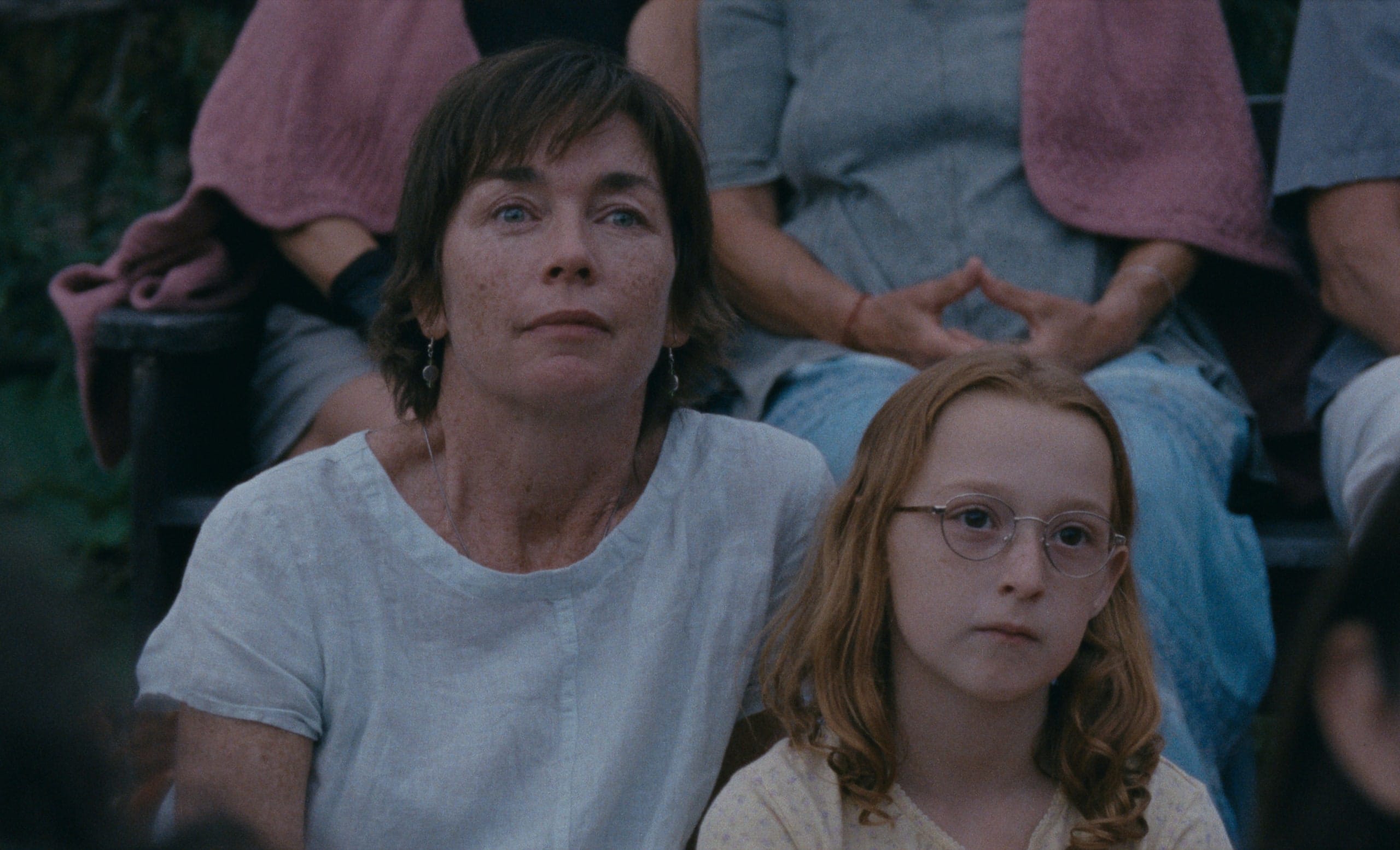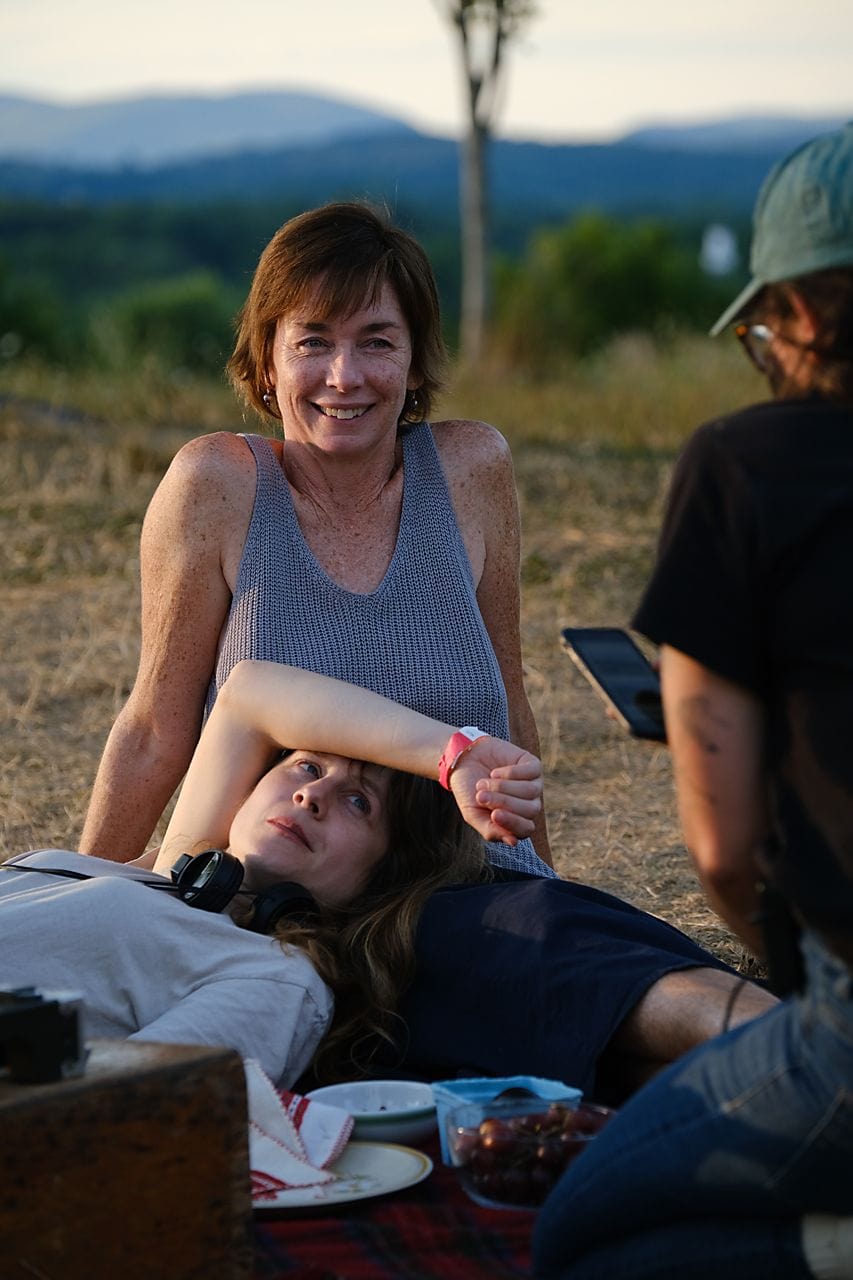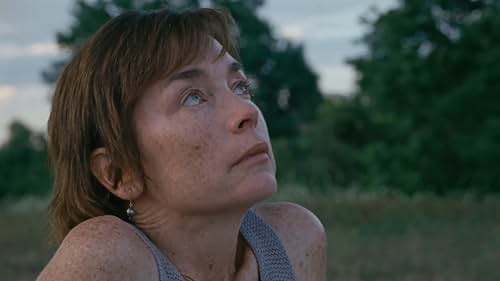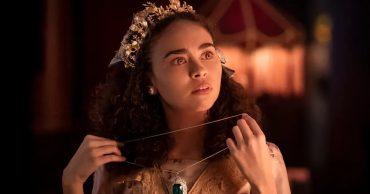Annie Baker’s Janet Planet, the feature debut from the Pulitzer Prize-winning playwright, offers a contemplative examination of adolescence and maternal relationships in the summer of 1991. Set in Western Massachusetts, the film portrays 11-year-old Lacy, played by newcomer Zoe Ziegler, and her mother Janet, portrayed by Emmy Award-winning actress Julianne Nicholson.

Intimate Setting and Sonic Landscape
Before starting filming on Janet Planet, Annie Baker and her sound designer, Paul Hsu, spent two weeks recording ambient noises around the film’s setting. As Baker tells it over coffee at a café south of Prospect Park, The sound of nature around this house was so incredible. There were, like, bears wandering around.
Their meticulous effort resulted in a film soundtrack made of natural buzzes, chirps, and streams instead of traditional musical scores.

A Film Firmly Rooted in Its Medium
Baker translates her renowned stagecraft to the screen with a refined hand. I felt like I could only explore it on film,
she says about depicting the passage of time in childhood. This sentiment pervades Janet Planet, a movie that could have only been realized as a film rather than an inert play adaptation. Anchored to its 1991 setting, Baker’s film avoids conventional narrative techniques to capture the unique contours of New England summers.
Lacy and Janet’s Complicated Bond
The story of Lacy and Janet unfolds through their interactions with other adults: Janet’s boyfriend (Will Patton), her theatrical friend (Sophie Okonedo), and a Rilke-quoting director (not played by Elias Koteas). Each adult draws out possessive emotions in Lacy, who is young yet insightful—Lacy calls her mother and tells her that she’ll kill herself if she isn’t picked up from camp,
an early scene that sets the film’s introspective tone.

Annie Baker’s Artistic Vision
Baker brings her exceptional playwright sensibilities to an exploration that hovers between realism and something more ethereal. The film is filled with quiet yet potent moments—the trademark pauses and silences known onstage translated beautifully to film. On working with Julianne Nicholson, Baker recalls, She embodied a kind of maternal feminine mystery that was exactly what I was looking for.
The narrative structure feels personal and almost autobiographical at times. As they reminisce about shared experiences growing up, both Baker’s script and Nicholson’s portrayal illuminate their characters’ deep-seated authenticity.

The Philosophical Undercurrents
Baker’s debut doesn’t shy away from existential reflections. Through Lacy’s diorama-like scenes and doll-like objects—some fashioned by young Annie Baker herself—we delve into themes about control, projection, and the unknowable realms children access through play. These elements echo Maurice Pialat’s unflinching approaches to troubled children or Apichatpong Weerasethakul’s dreamlike storytelling.
A Journey Bound By Silence and Sound
Complementing its philosophical depth are near-encyclopedic film references from Baker’s Criterion Collection knowledge. Constructed during quieter moments—It was never too slow for her,
says Nicholson—the disciple for taking time reflects intimately on a child’s enigmatic perspective on grown-up dialects and life’s mystery.
 Follow Us
Follow Us





